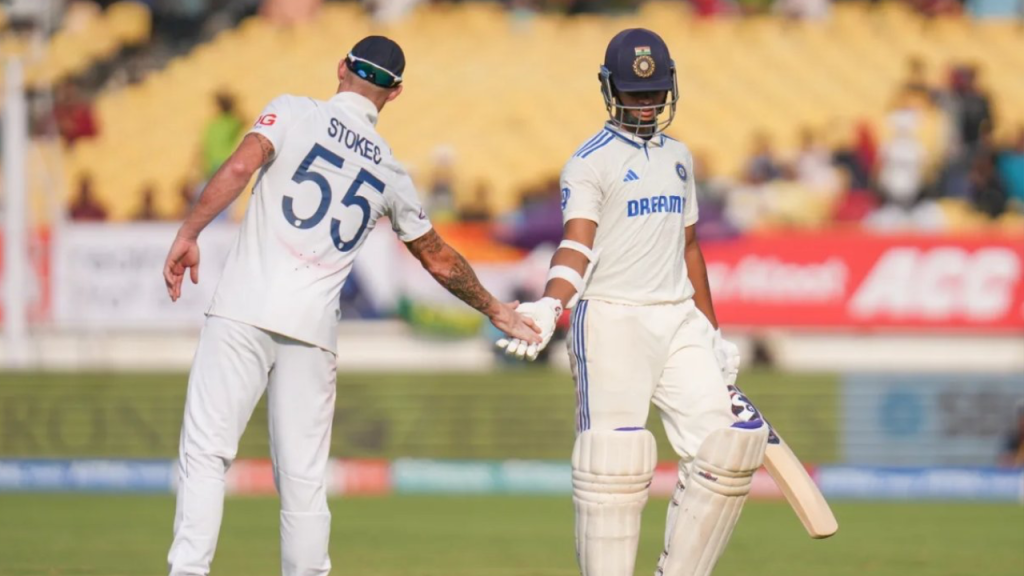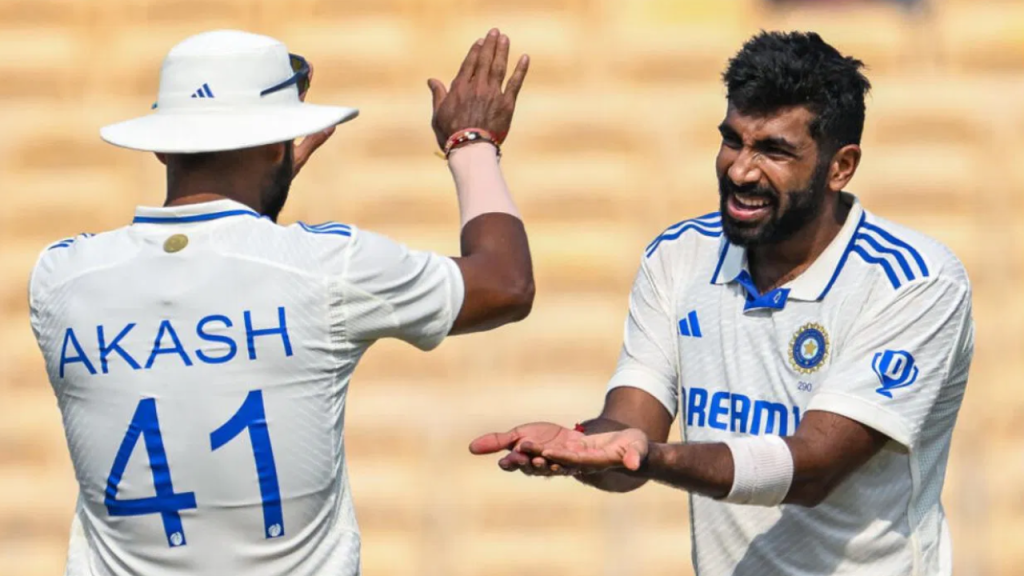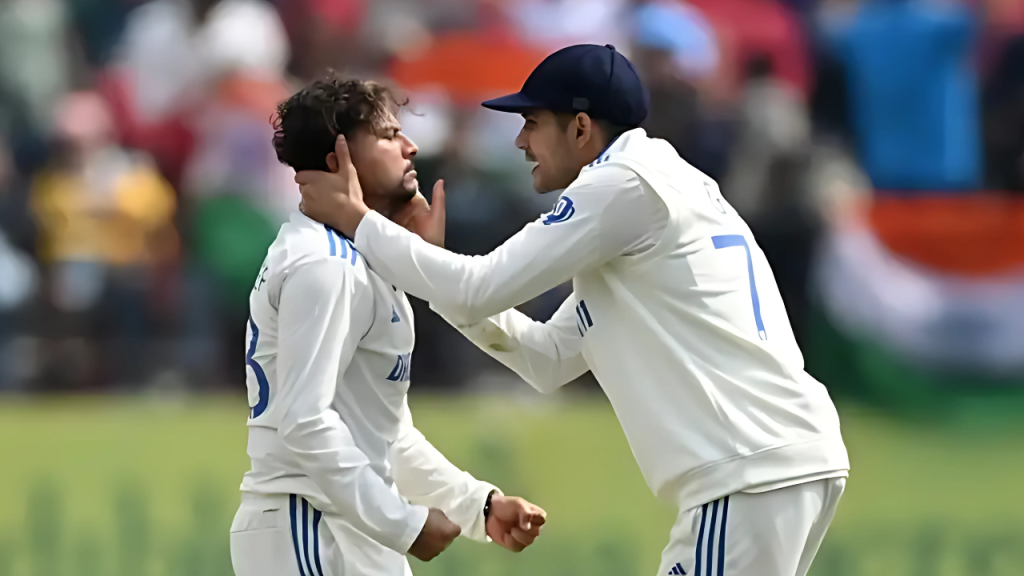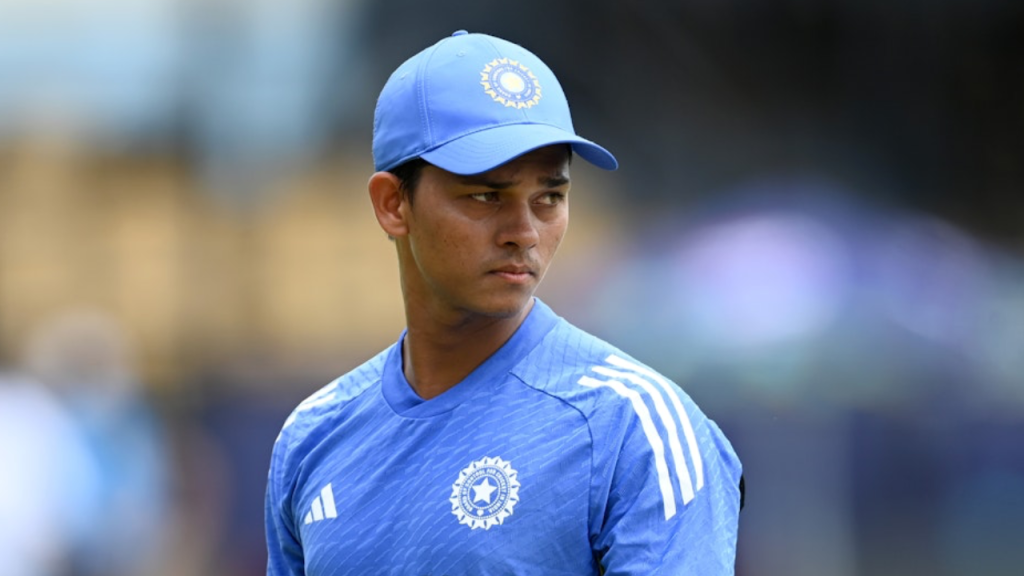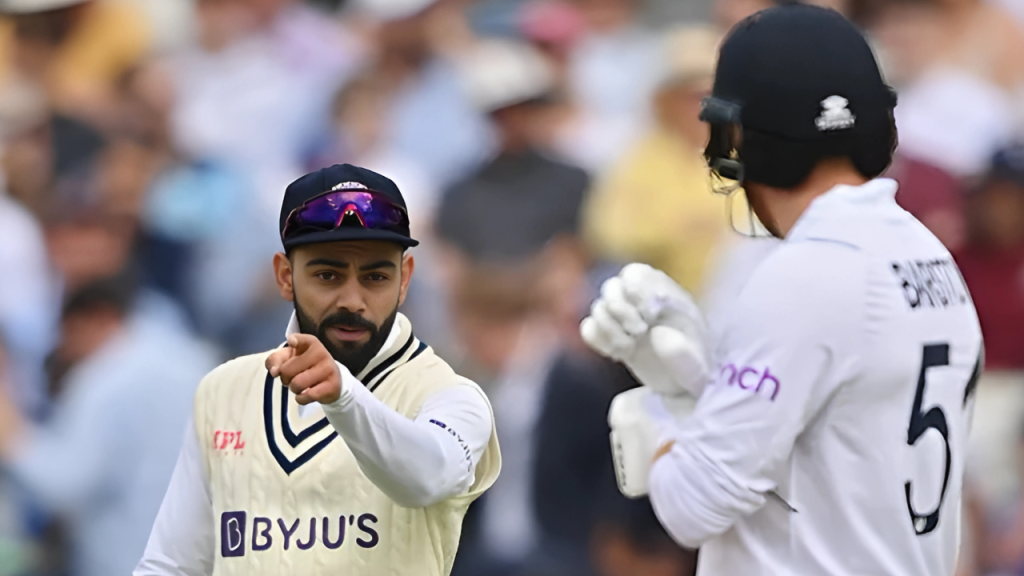Gautam Gambhir, once known for his gritty batting and crucial innings in India’s cricketing victories, has stepped into a new role. On July 9, 2024, the BCCI announced Gambhir as the head coach of the Indian men’s cricket team, taking over from Rahul Dravid. This transition marks a significant chapter in Indian cricket, especially after Dravid’s successful tenure culminating in the T20 World Cup victory.
IND vs BAN: Sanjay Manjrekar Reveals The Qualities Of Gautam Gambhir Which Will Help Indian Cricket:

Gambhir’s Cricket Philosophy
Gambhir’s approach to cricket has always been about discipline, hard work, and a deep understanding of the game. Sanjay Manjrekar, speaking on ESPN Cricinfo, highlighted Gambhir’s clinical analysis of cricket, suggesting he brings a less emotional, more strategic perspective to coaching. Unlike players, coaches in cricket have a nuanced role, often working behind the scenes. Gambhir, with his experience in the IPL as a mentor, understands this dynamic well.
Impact of Coaching in Cricket
The impact of a coach in cricket is often debated. While players execute on the field, coaches like Gambhir are tasked with strategy, mental conditioning, and team culture. Manjrekar’s insight points towards a belief that while the coach is crucial, the team’s performance largely hinges on the players themselves. However, a coach’s influence in fostering an environment of excellence can’t be understated.
Gambhir’s Expected Influence
Given Gambhir’s history, his tenure as coach is anticipated to reinforce a culture of resilience and tactical acumen. His role with the Kolkata Knight Riders, where he led them to IPL glory, showcases his capability to manage and elevate a team. His tenure begins with India’s tour of Sri Lanka, a series that will set the tone for his coaching philosophy.
The Legacy of Rahul Dravid
Rahul Dravid’s departure after the T20 World Cup win left big shoes to fill. His dedication to nurturing young talent and instilling sportsmanship has set a high bar. Gambhir steps in not just to maintain this legacy but to build upon it. The transition from Dravid to Gambhir could see a shift in team dynamics, focusing more on strategic gameplay and mental toughness.
Challenges and Expectations
Transitioning from a player to coach, Gambhir faces the challenge of adapting his well-known public persona to the needs of a coach, which might require a different demeanor behind closed doors. His ability to read the game, as Manjrekar noted, will be crucial in making strategic decisions, player selections, and in-game tactics.
As Gambhir embarks on this journey, Indian cricket stands on the brink of a new era. While coaches indeed have a limited but significant impact, Gambhir’s deep cricketing insight and his history of rising to the occasion might just be what Indian cricket needs to continue its dominance in world cricket. His tenure will be closely watched, not just for the results, but for how he molds the future stars of Indian cricket.
